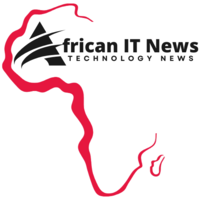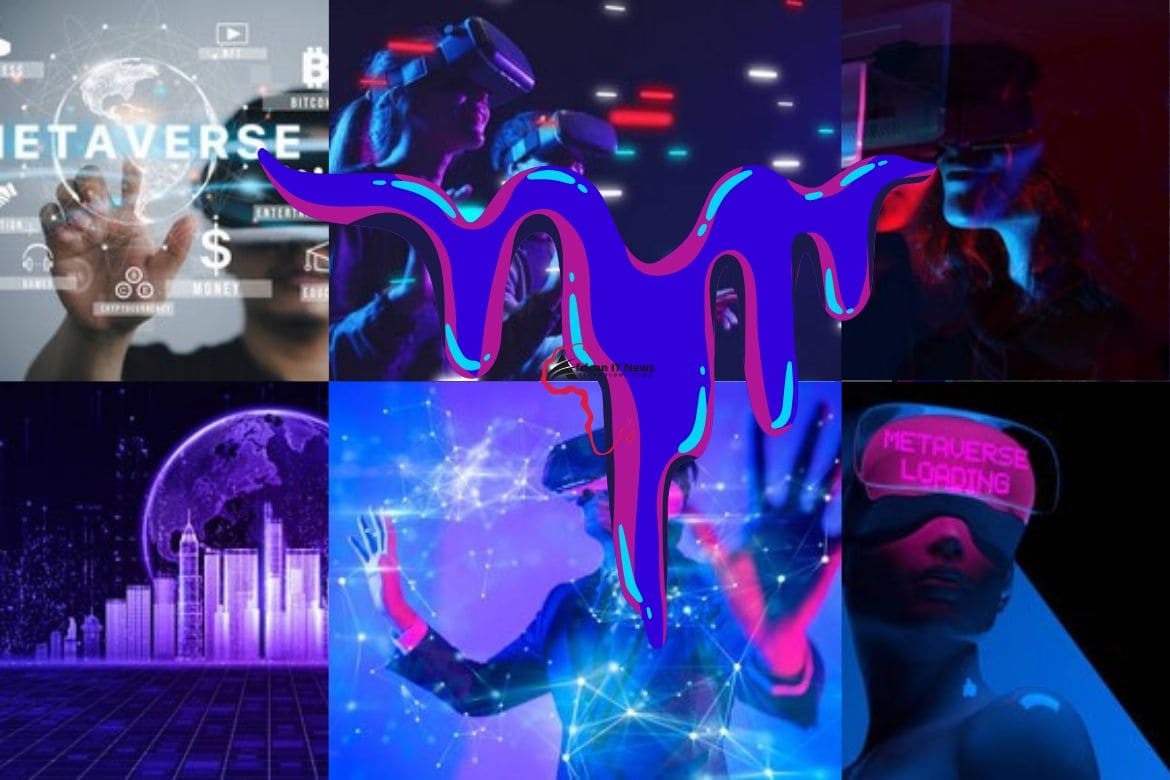Table of Contents
When it comes to bridging the digital divide, Africa has been left behind for far too long. But could the Metaverse (TM) – a virtual world where people can interact with each other and create content – be the key to finally bridging this divide?
The digital divide in Africa – what is it and why does it matter?
The digital divide is the gap between those who have access to digital technologies and those who do not. In Africa, this divide is especially pronounced, with only around a quarter of the population having internet access. This lack of access to digital technologies has a number of consequences, including:
- Limited opportunities for education and economic development: With so much of the world’s knowledge now online, those without internet access are at a significant disadvantage.
- Increased vulnerability to exploitation and scams: Without the ability to check information online, people are more likely to fall prey to scams and other forms of exploitation.
- Limited ability to participate in the global economy: The global economy is increasingly moving online, making it difficult for those without internet access to compete.
Closing the divide in Africa is thus essential for ensuring that everyone has an equal opportunity to thrive in the modern world. The metaverse (TM) – a shared online space where people can interact with each other and digital content – could play a key role in achieving this goal. By providing people with access to education, training, and business opportunities, the metaverse could help close the digital divide and help Africa catch up with the rest of the world.
The Metaverse – what is it and how could it help close the digital divide in Africa?
TM is a virtual world that is created by people and used by people. It is a 3D world that people can explore, interact with, and create. It is made up of many different places, each with its own rules and regulations.
The potential of the Metaverse for education in Africa
The Metaverse has the potential to be a powerful tool for education in Africa. It is a virtual 3D world that can be accessed by anyone with an internet connection. It is a place where people can meet and interact with each other, regardless of their physical location.
It could be used to connect African students with each other and with students from other parts of the world. It could also be used to connect African students with educators and experts from around the globe. It could be used to create virtual classrooms, where African students could learn from each other and from teachers from other countries.
Again, It could also be used to create virtual libraries, museums, and other learning resources that African students could access from anywhere in the world. This could help close the digital divide in Africa by giving African students the same access to education and learning resources as students in developed countries.
The potential of the Metaverse for health care in Africa
Across Africa, the lack of access to quality health care is a major problem. In many rural areas, there are no hospitals or clinics, and even in urban areas, health care facilities are often understaffed and undersupplied. In places where health facilities are, some of the health professionals see themselves as superiors to the very patients they’re to attend to. This leads to a situation where many people cannot get the care they need, and even when they can, the quality of care is often poor.
This technology has the potential to help close this gap by providing a virtual space where healthcare workers can meet with patients and provide them with care. Using avatar technology, health workers can provide consultations, prescribe medication, and offer other forms of assistance. And because the Metaverse is accessible from any internet-connected device, it can reach people in even the remotest areas.
There are already a number of projects exploring the use of this technology for health care in Africa. One project, called HealthBridge, is using avatar technology to connect doctors in the US with patients in Rwanda. Another project, called eDOC-Uganda, is using the Metaverse to provide training for medical students in Uganda. And a third project, called consultation2go, is using the Metaverse to provide consultation services to refugees in Kenya.
The potential of the Metaverse for health care in Africa is significant. By providing quality care to people who would otherwise not have access to it, the Metaverse has the potential to save lives and improve the quality of life for millions of people across the continent.
The potential of the Metaverse for economic development in Africa
The Metaverse is a virtual world that is created by the convergence of virtual reality, augmented reality, and the internet. It has the potential to be a powerful tool for economic development in Africa.
The Metaverse can be used to provide access to education, training, and jobs. It can also be used to create new businesses and opportunities. The Metaverse can help close the digital divide in Africa by providing access to essential services and tools.
The Metaverse has the potential to transform and close the digital divide in Africa. It can help create new jobs and businesses, provide access to essential services, and close the digital divide.
The challenges of implementing the Metaverse in Africa
There are many challenges that need to be addressed when implementing any kind of new technology, especially when that technology is as expansive and immersive as the Metaverse. While the Metaverse has the potential to provide immense opportunities for connection and collaboration, there are a number of significant challenges that need to be considered when implementing it in Africa.
One of the biggest challenges is infrastructure. In order to create an effective Metaverse, Africa would need to have in place a reliable and high-speed internet connection, which, unfortunately, is not currently widely available. Even in areas where there is high-speed internet, it is often too expensive for most people to access.
Another challenge is the language barrier. The Metaverse is still very much in its early stages of development and most of the content and applications are in English. This presents a significant barrier for many Africans who do not speak English as a first language.
Finally, there is the issue of digital literacy. For the Metaverse to be truly effective, users need to be able to navigate and understand complex 3D environments. This presents a challenge in Africa where many people have limited experience with computers and other digital devices.
Despite these challenges, the potential for the Metaverse to help in bridging the digital divide in Africa is immense. With proper planning and execution, the Metaverse could provide Africans with unprecedented access to information, education, and opportunity.
The way forward – how can this technology help close the digital divide in Africa?
There is no doubt that the digital divide is a major issue in Africa. According to the World Bank, only about a third of the population has access to the Internet, and this figure is even lower in rural areas. This lack of access to information and communication technologies (ICTs) can have a significant impact on socio-economic development, as it limits opportunities for education, employment, and business growth.
One way to help close the digital divide is through the use of the Metaverse since it is a virtual world that can be accessed via the Internet. It is a shared space where users can interact with each other and with digital content in a three-dimensional (3D) environment.
It has the potential to provide African users with access to information and communications resources that they would not otherwise have. For example, it could be used for distance learning, telemedicine, or simply as a social platform for networking and collaboration. In addition, it could be used as a marketplace for buying and selling goods and services.
There are already some examples of projects using the Metaverse to close the digital divide in Africa. One such project was Second Life Africa, which was using the virtual world to provide ICT training to people in rural areas of Ghana. Another project called AfriK’Lan is using the Metaverse to connect people from across Africa who are interested in African culture and business.
While there are many potential benefits of using it to close the digital divide in Africa, there are also some challenges that need to be considered. For example, how do we ensure that people from all social backgrounds have equal access to this technology? How do we ensure that virtual worlds are inclusive environments that reflect African cultures and values? And how do we ensure that user data is protected?
These are all important questions that need to be addressed if we want to use the Metaverse effectively to close the digital divide in Africa.



1 comment
Excellent writeup. I abelieve the metaverse is a whole new world on its own. As to how it can be engineered to the benefit of our African people is also a whole new terrain we have to explore to the core.
Thanks for sharing.